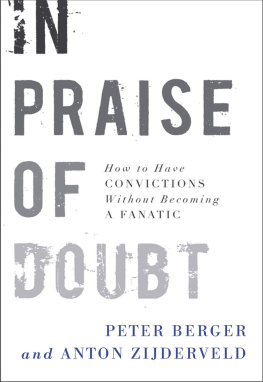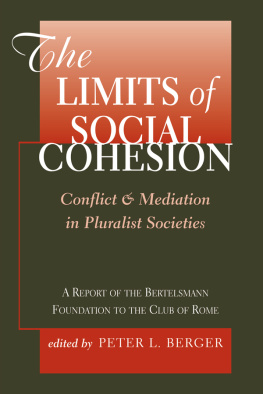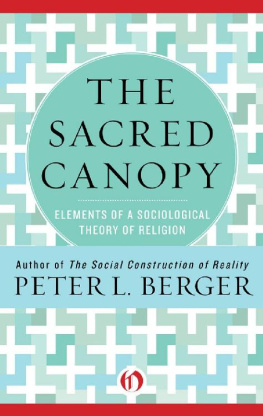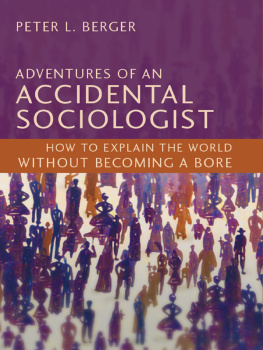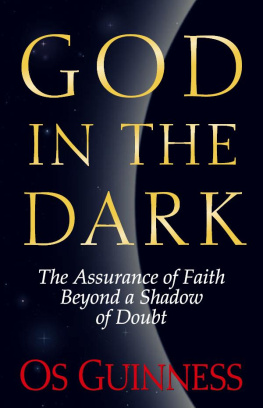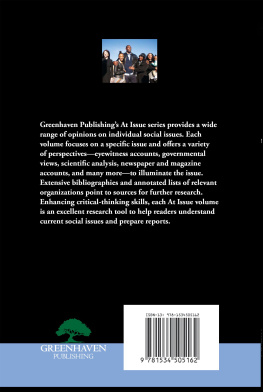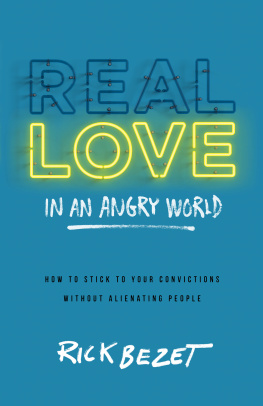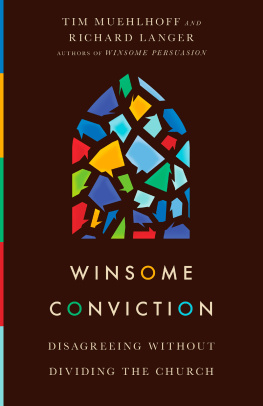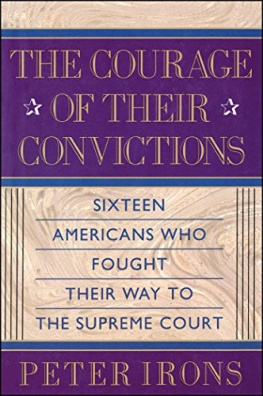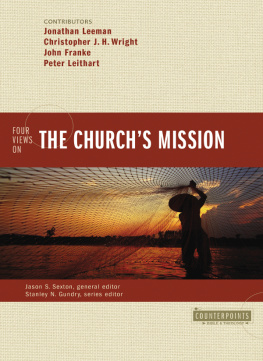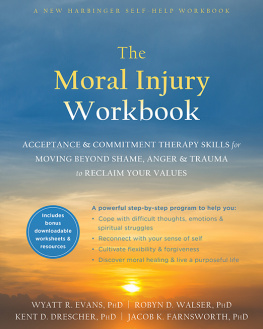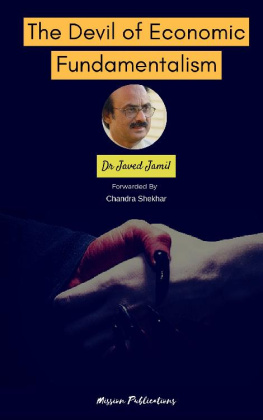Peter L. Berger and Anton C. Zijderveld
T he idea of this book came out of a project of the Institute of Culture, Religion, and World Affairs at Boston University, which had been directed by Peter Berger, now a senior research fellow. The project was entitled Between Relativism and Fundamentalism. An international working group, consisting of American and European scholars of religion, sought to delineate such a middle position from the viewpoints of different Christian and Jewish traditions. The papers from this project will be published separately. While the project dealt only with the religious aspects of the relativism/fundamentalism dichotomy, participants soon realized that there were very important moral and political implications. Specifically, while the participants of the project generally agreed that religious faith could accommodate doubtthat is, one could have faith in the absence of certaintythey recognized that people could and did make moral judgments with a high degree of certainty, judgments that frequently had political consequences. But how could religious uncertainty coexist with moral certainty? This question went beyond the agenda of the aforementioned project, which is why Berger decided to write a book that would address both the religious and the moral/political aspects of a middle position. He asked Anton Zijderveld, who wasnt a member of the working group, to join him as coauthor, because he wanted to work on this topic with someone who had greater philosophical expertise. (Zijderveld holds doctoral degrees in both sociology and philosophy.) The collaboration, with each chapter jointly authored, has been both productive and pleasurable.
The authors wish to express heartfelt gratitude to David Kiersznowski, who generously funded the original project and also made it possible for the two authors to meet and work together on the book, once in Amsterdam and once in Boston.
THE MANY GODS OF MODERNITY
J ust before the dawn of the twentieth century, in tones of passionate conviction, Nietzsche proclaimed the death of God. Today, a little over a hundred years later, this prophecy hardly seems plausible. Whether God does or does not exist in cosmic reality is another question. And this question cannot be answered by the empirical sciences: God cannot be the object of an experiment. But in the empirically accessible reality of human life today, there is a veritable plenitude of gods competing for the attention and allegiance of people. Nietzsche thought that he stood at the beginning of an age of atheism. Right now it seems that the twenty-first century is marked instead by polytheism. It looks as if the many gods of antiquity have returned with a vengeance.
The more radical thinkers of the Enlightenment, particularly in France, anticipated the demise of religion in a spirit of gleeful anticipation. Religion was perceived as a grand illusion, one that had given birth not only to a multitude of superstitions but to the most monstrous atrocities. The wars of religion that followed the Protestant schism in Europe certainly gave credence to this view. Thus Voltaires cry, Destroy the infamy! applied not only to the Catholic Churchin his experience, the mother of all atrocitiesbut to religion in general. Protestants continued to execute heretics and burn witches with all the enthusiasm of their Catholic adversaries. Nor could one find more appealing religious traditions outside divided Christendom.
The instrument that was to destroy religion was, of course, reason. In reasons cool light, the illusions of religion would evaporate. This expectation was dramatically symbolized when the French revolutionaries enthroned the goddess of reason in the Church of the Madeleine in Paris. This Enlightenment faith did not end with the French Revolution. Indeed, in different versions it has continued to this day. In the nineteenth century that faith was particularly invested in science. Reason, it was thought, would find an inerrant methodology to understand the world and, ultimately, to construct a morally superior social order. In other words, Enlightenment philosophy had morphed into empiricist science. The prophet of that mutation was Auguste Comte, whose ideology of positivism had an immense influence on the progressive intelligentsia of Europe and beyond (notably in Latin America, where the Brazilian flag is still emblazoned with the Comtean slogan order and progress). It was Comte, not so incidentally, who invented the new science of sociology.
As that science developed, it bore less and less resemblance to what Comte had had in mind. It increasingly saw itself not as a system of philosophy, but as a science based on empirical evidence and subject to empirical falsification. Three thinkers are commonly seen as the founders of modern sociologyKarl Marx, Emile Durkheim, and Max Weber. There were great differences among these three. But when it came to religion, each one, albeit for different reasons, believed that modernity was bringing about a steady decline. Marx and Durkheim, both children of the Enlightenment, welcomed this alleged development. Weber, on the other hand, contemplated it with melancholy resignation.
In the sociology of religion, as it developed in the twentieth century, this association of modernity with a decline of religion came to be known as secularization theory. This theory proposed that modernity, both because of the spread of scientific knowledge and because modern institutions undermined the social bases of religious faith, necessarily led to secularization (understood as the progressive decline of religion in society and in the minds of individuals). This view was not based on some philosophical rejection of religion, but on various empirical data that seemed to support the view. (Significantly, many of these data came from Europe.) It should be emphasized that this theory was value-free (to use a Weberian term). That is, it could be held both by those who welcomed it and by those who deplored it. Thus there were any number of twentieth-century Christian theologians who were far from happy about this alleged process of secularization, but who took it as scientifically established fact with which both churches and individual believers had to come to terms. A few theologians found ways of actually embracing it (such as the proponents of the briefly fashionable death of God theology in the 1960sa wonderful case of man bites dog).
WHAT IS THE CURRENT STATE OF SECULARIZATION IN THE WORLD?
Its fair to say that secularization theory has been massively falsified by the events of the decades since World War II (which, of course, is why most sociologists of religion, with a very few holdouts, have changed their mind about the theory). As one looks over the contemporary world, its not secularization that one sees, but an enormous explosion of passionate religious movements. For obvious reasons, most attention has been given to the resurgence of Islam. But the militant advocates of holy war, who are causing the attention, are only a small (though very worrisome) component of a much larger phenomenon. Throughout the vast Muslim worldfrom North Africa to Southeast Asia, as well as in the Muslim diaspora in the Westmillions of people are looking to Islam to give meaning and direction to their lives. And most of this phenomenon has little to do with politics.

